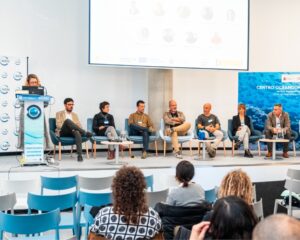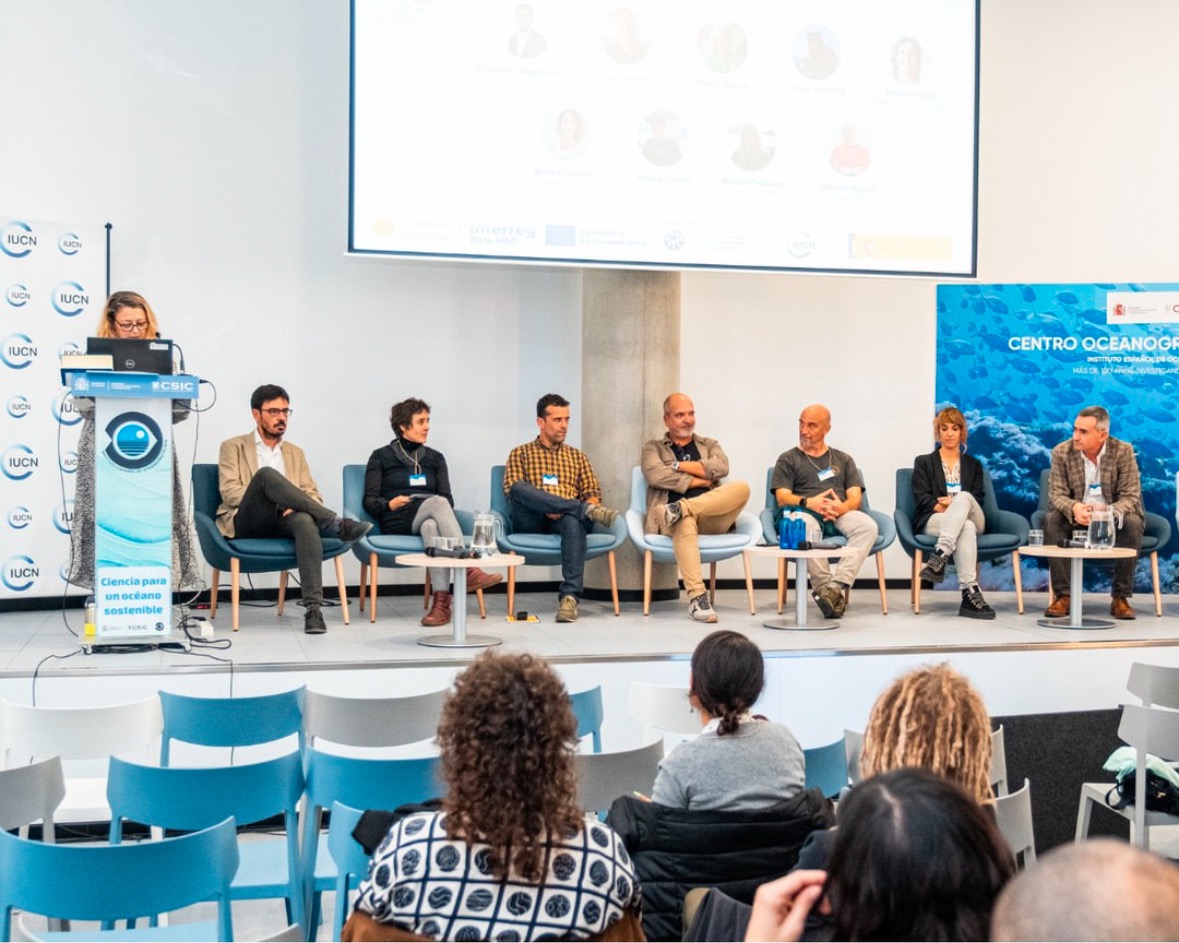
On November 28–29, 2024, the Mediterranean office of the International Union for Conservation of Nature (IUCN-Med) hosted the second edition of the Natural Heritage Institutional Dialogue, an annual gathering that brings together experts, policymakers, and organizations to enhance nature conservation efforts across the Mediterranean region. The central theme of the 2nd Dialogue was Advancing Mediterranean Ecosystem Restoration.
The first day kicked off with lively discussions on restoration policies and challenges, accompanied by real-world case studies illustrating how policy can translate into effective action. Key speakers such as Vedran Nikolić from the European Commission and José Luis García Varas from WWF Spain provided valuable insights into the EU’s Nature Restoration Regulation. They explained the regulation’s ambitious goal of restoring 20% of European ecosystems by 2030. As Mr. Nikolić pointed out, “This is not just a European initiative—it’s a global call to action.”
In the afternoon, Spain’s marine restoration efforts were highlighted through presentations from the Ministerio para la Transición Ecológica y el Reto Demográfico. Experts shared success stories from ecosystem restoration projects in coastal lagoons, coral reefs, and seagrass meadows, emphasizing innovative methods to protect biodiversity and address climate change. The importance of collaboration, science, and shared strategies was stressed as vital to meeting the EU’s restoration objectives.
At the same time, some participants explored Málaga’s Climate and Biodiversity Tour, organized by Social Climate. This tour demonstrated how urban planning can integrate with natural ecosystems to adapt to climate challenges and support biodiversity. Walking through the city’s green and blue spaces, participants saw firsthand how restoration efforts can improve local communities’ resilience and quality of life.
On the second day, the focus shifted to bridging the gap between science and policy through a capacity-building session. Attendees engaged in discussions about ecosystem resilience, climate adaptation, and the socio-economic benefits of biodiversity. Working groups brainstormed innovative solutions to conservation challenges.
The day also featured a networking exercise aimed at strengthening connections between different actors involved in the dialogue. Participants were introduced to various clustering activities, which help share the results of thematic projects across the region. Geographical clusters were formed, allowing attendees to meet others working in their areas and exchange expertise.
The event wrapped up with the Marketplace, a dynamic space where thematic projects shared their progress, explored new ideas, and sought potential partnerships. This collaborative environment facilitated valuable connections among Mediterranean stakeholders, reinforcing the collective commitment to ecosystem restoration.
Ultimately, the 2nd Natural Heritage Institutional Dialogue was not just an exchange of ideas—it marked a significant step toward turning those ideas into actionable strategies and partnerships, all aimed at securing a resilient, biodiverse Mediterranean for the future.


